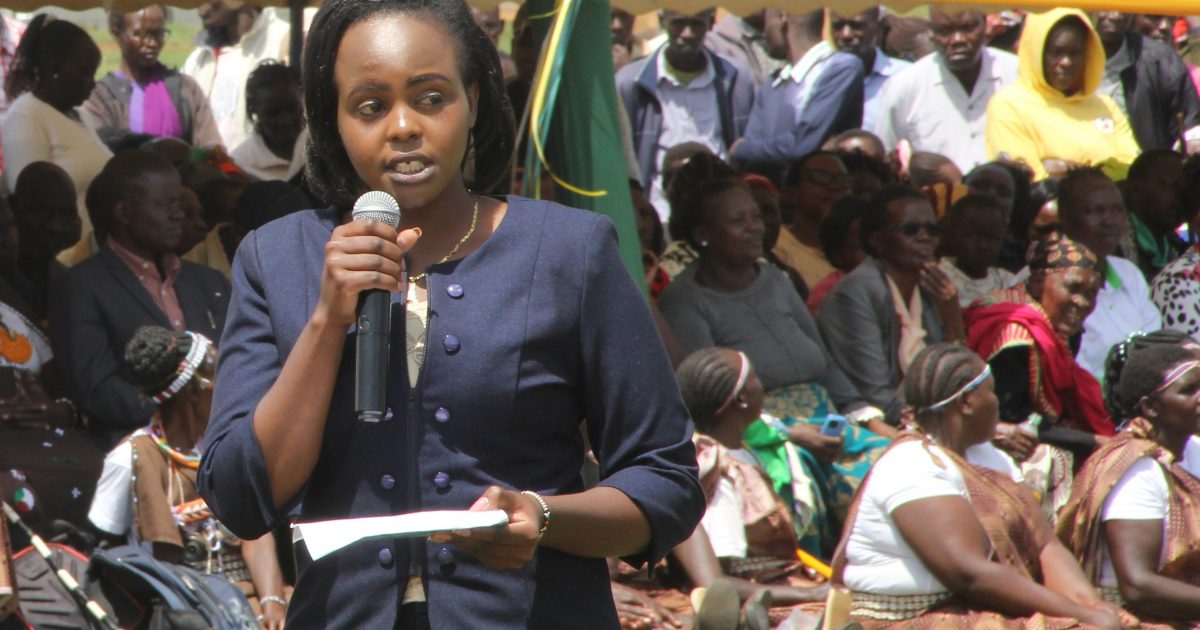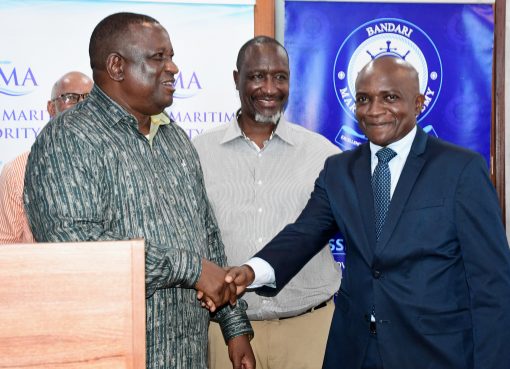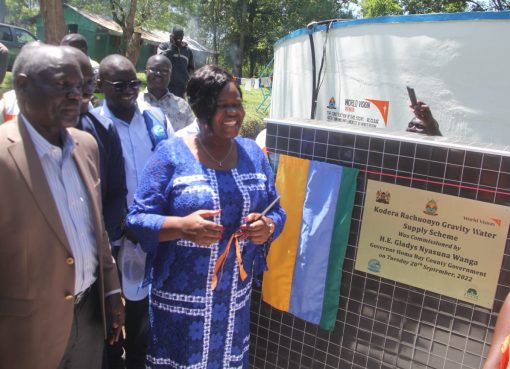The Judiciary in collaboration with the National Steering Committee on the Implementation of Alternative Justice System (AJS) has launched an AJS action plan to promote access to justice in Uasin Gishu County.
Speaking in Uasin Gishu County, Moiben sub-county during the launch of AJS courts the Youth representative, North Rift theatre Ambassador Noeline Maru appreciated AJS participatory nature as involving the young people as they are often seen as the future leaders of our community.
“However, we are also the ones who are mostly affected by injustice that have plagued our society,” said Maru.
“We are the ones who are most likely to be the victims of crimes and most likely to be involved in criminal justice,” she said.
She noted that this can practically be seen in prison and jails as most people who are there are the young people below 35 years.
“I appreciate that we are involved in the development and implementation of the Alternative Justice System that can provide us with a safe and more supportive environment,” she said.
“AJS program is a beacon of hope for our community of Uasin Gishu and this will provide us with a platform to resolve disputes in a peaceful and constructive manner fostering harmony and understanding among individuals,” said Maru.
“By actively involving young people in the AJS process we will contribute to building the culture of dialogue, respect and mutual understanding within our community,” said the youth representative.
“As young people we are agents of change, the catalyst of progress and champions of the brighter tomorrow as our energy, passion and commitment of social justice make us valuable contributors to AJS,” stated Maru.
“Let us seize the opportunity to promote the power of youth and drive positive transformation through peaceful conflict resolution,” said Maru.
She added that the AJS program will act as a platform to shape a more sustainable future for ourselves and future generations by promoting peaceful resolution mechanisms and encouraging dialogue over confrontation.
“We can create a society where court lists are addressed proactively and constructively. It is not only enhancing a social cohesion but it paves a way for a more just and equitable society for all,” she noted.
She urged everyone and the young people to embrace the AJS program wholeheartedly and to actively participate in the implementation and champion for the value of dialogue, empathy and collaboration in our interactions.
“Together let’s build a future where complaints are resolved with understanding, dispute is solved with compassion and justice is upheld with unity,” said Maru.
“By incorporating the youth we are going to achieve a sustainable AJS since we will grow knowing not all cases should be taken to court and we will have a society where we will exist in peace and harmony,” she said.
By Judy Too





